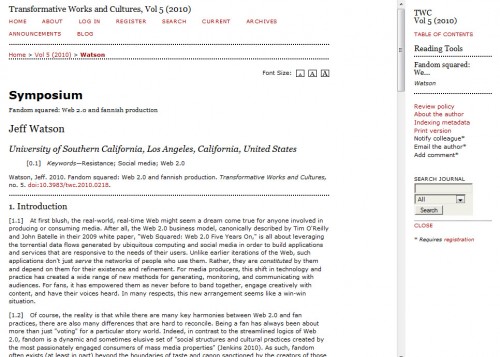“[We have] a focus at area/code on the interesting ways in which games overlap with the real world. Where games insert themselves into your life and the kind of surprising ways that they can overstep the boundaries, and how that can lead to interesting new kinds of game experiences. In the case of urban gaming, it’s about appropriating public space and rethinking how you turn a familiar space into a game space. In the case of Parking Wars, I think it has a little bit to do with time, you know that…this is a game that you’re always playing, and the rhythm of your ordinary life becomes part of the game dynamics. When you are asleep at night, you know people who are parking on your street and there’s nothing you can do. Now, if you are away on vacation and you don’t have access to a computer and your friends know that, then that becomes part of the game, you know that becomes part of the tactics and strategy of the game.”
– Frank Lantz of area/code, interviewed in Jesper Juul’s “A Casual Revolution”

